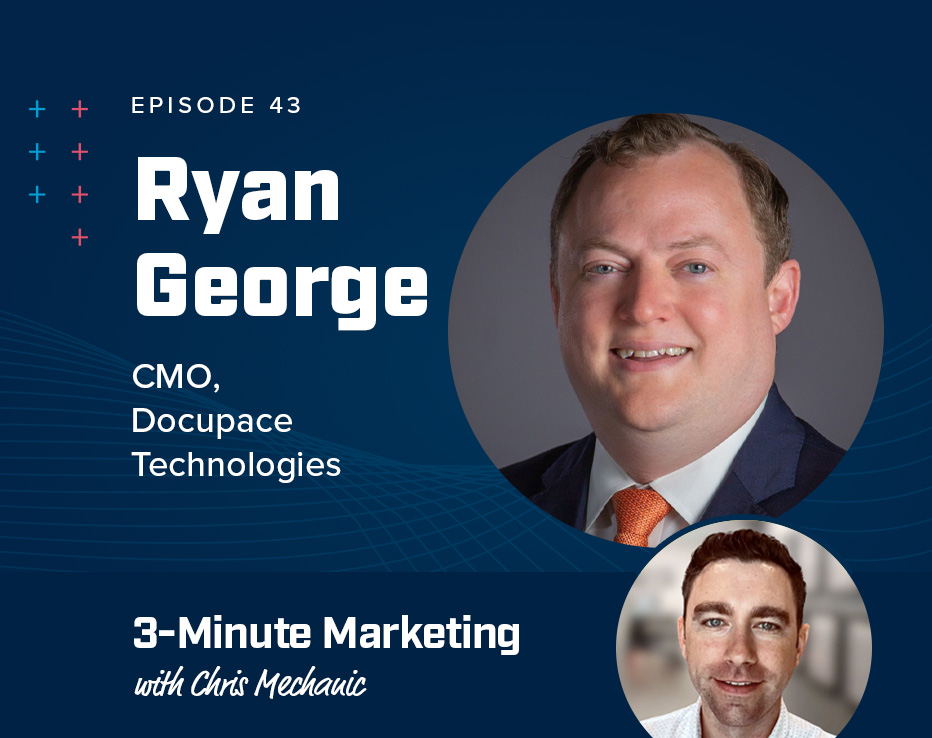
How To Do $3,550 Worth of SEO In Two Hours
Are you interested in getting search engine optimization, or “SEO”, done to your website? Would you like to have 100s or 1,000s of potential customers/clients
finding YOUR website,
reading your content, and
contacting you to request more information?
If so, you’ll enjoy this post.
It’s meant for entrepreneurs, marketers, managers, and small businesses who would like to start seeing some of the benefits of SEO – but aren’t necessarily ready to plunk down several thousand dollars.
It takes you step-by-step through the SEO process and finished off by telling you exactly what to do to implement the ideas onto your website…right now.
If you’re a professional SEO or internet marketer, you will know most of this stuff already. But you will still probably benefit from a few of the tips.
Keywords Are Your Friends
The simplest definition I can think of for SEO is that it’s the process of using certain keywords in certain places, and on certain pages throughout your website.
Newbie tip: “Keywords” are the words that people search for in Google. Each page should have keyword “targets” that you’re trying to rank on the first page for.
If you’re a local home remodeler, a target keyword for you may be “kitchen remodeling Annapolis” – if you’re a computer repair shop, a target keyword may be “laptop repair maryland”
Every business has many, many target keywords, and each page of your website should be optimized for one of them.
You should include the target keyword on 5 different places on each page. We call these places “SEO Points” and some of the crucial ones are:
Page title – this is a biggie, one of the major factors for search engines
Page URL – also a biggie. Your page URLs right now are probably something like, www.YourSite.com/services and www.YourSite.com/service-1 – these should be rewritten to be www.YourSite.com/target-keyword-services and
Page headline – this is important for SEO, and keywords should be included, but should also be catchy and interest users
Page meta keywords – not used anymore in Google, but some smaller search engines still use it, doesn’t hurt to add them
Page meta description – somewhat important to include keywords for search engines, but should also be catchy, like the headline
Page copy – extremely important, absolutely include your keywords (multiple times) in the actual visible copy of the page
How To Choose The Best Keywords For Your Website
There’s an activity in SEO called “keyword research” which is all about choosing the best keywords. You can read about it in-depth at lots of different places online, but here’s a simple strategy that will get you on the right path:
Go to the free Google Keyword Tool and type into the box whatever you think your target keyword is.
Don’t use any geography.
So if you’re a small business consultant in Baltimore, just type in “small business consultant”, “business consultant”, or even “consultant”.
The more general the keyword is, the more results you’ll get. So for instance, “remodeling” will bring up way more results than “kitchen remodeling costs”.
Click “Get keyword ideas” and voila, your target keywords.
Alongside each keyword, you’ll see a few columns with different data – numbers, mostly. These numbers are the search volume, or the number of people that search for any given phrase.
Focus on the keywords with the highest volume numbers.
Another thing you’ll notice is that there will be some keywords in the results that aren’t relevant to your business. Just ignore those ones.
Choose 5-10 of the best keywords – the ones with the highest relevancy to your business and the highest search volume (according to the GOOG tool).
Optimizing Your Site For Keywords
Now that you have the target keywords, ask yourself, “Do I have pages on my site already that contain those keyword phrases?” and “Do I have a page on my site right now that’s all about this keyword?”
If you do, that’s good.
That means you can just go into the site, and modify the SEO Points (titles, URLs, meta data, etc.) to include the target keywords – one per page. Make the necessary modifications to each page, publish, and you’re done.
Of course, there are some details that I didn’t mention here – and some of them are important and can make a big difference.
But even if you ignored those for now, and just did this..
Even if you didn’t do anything else other than this..
You would very likely see an increase in traffic and leads in as little as a week. It could jump anywhere from 10% to more than 100% over the next few weeks/months.
What If I Don’t Have Those Pages Yet?
If you DON’T have those pages already, or if you don’t have a website yet at all, it gets a bit more complicated. But not too bad, though.
Just create the new pages.
Create one new page for each keyword you want to target. Include the keyword within the SEO Points we talked about, and publish.
Important tip: For best results, don’t just create a quick, short, bullsh** page that nobody will ever read. Take some time, think about what the user is looking for, and write a page that provides the answer to their question.
The new page should be 300-500 words long and include the keyword phrase 2-4 times.
Do this for each page and publish.
Then (and this is very important as well) link to each page from an appropriate place on your site. If you don’t link to the page from anywhere, Google will never find it. Find an appropriate place, and place a link to the new page.
Deciding where to link the page from is kind of a big deal. The structure, or architecture of the pages on your site is a major factor for search engines. But most likely, if you use your intuition, you should be okay.
And that’s it. Just do some keyword research, and insert the keywords on your pages.
Not that hard, right?
If this is your first time hearing about this, it may seem hard and overwhelming off the bat, but it’s not.
If you want to see an example of exactly what I’m talking about, have a look at this page, one that we optimized recently for the phrase, “how much does bartending school cost”
Read the page (look at the header and URL, too). See how we threaded the keyword through?
Internet marketing companies here in Baltimore can charge $3,000-$5,000 just for that. More, too if you have a large site with a lot of pages.
If you need SEO done to your site, but you’re tight on budget, or if you’re more of a do-it-yourselfer, my hope is that this post gets you started in the right direction.
Happy marketing!
Chris Mechanic
Co-Founder/CEO, WebMechanix
chris [at] SEObyWebMechanix.com
Twitter.com/chrismechanic
P.S. If you want to know more about the ideal way to write the SEO Points, advanced keyword research and behavioral search targeting, or content structure and architecture, you can contact me directly with this form.
Otherwise, if you have any question, just post them in the comments section and we’ll try to provide some additional insights.
Other posts you may like:
5 Important SEO Considerations When Designing A New Website
Do You Need More Than Just SEO?
Is It Time To Fire Your Internet Marketing Company?
Like This Site?
Learn more about WebMechanix Search
See the types of tangible gains we deliver to our clients
Read about some other services we offer
Most newsletters suck...
So while we technically have to call this a daily newsletter so people know what it is, it's anything but.
You won't find any 'industry standards' or 'guru best practices' here - only the real stuff that actually moves the needle.







